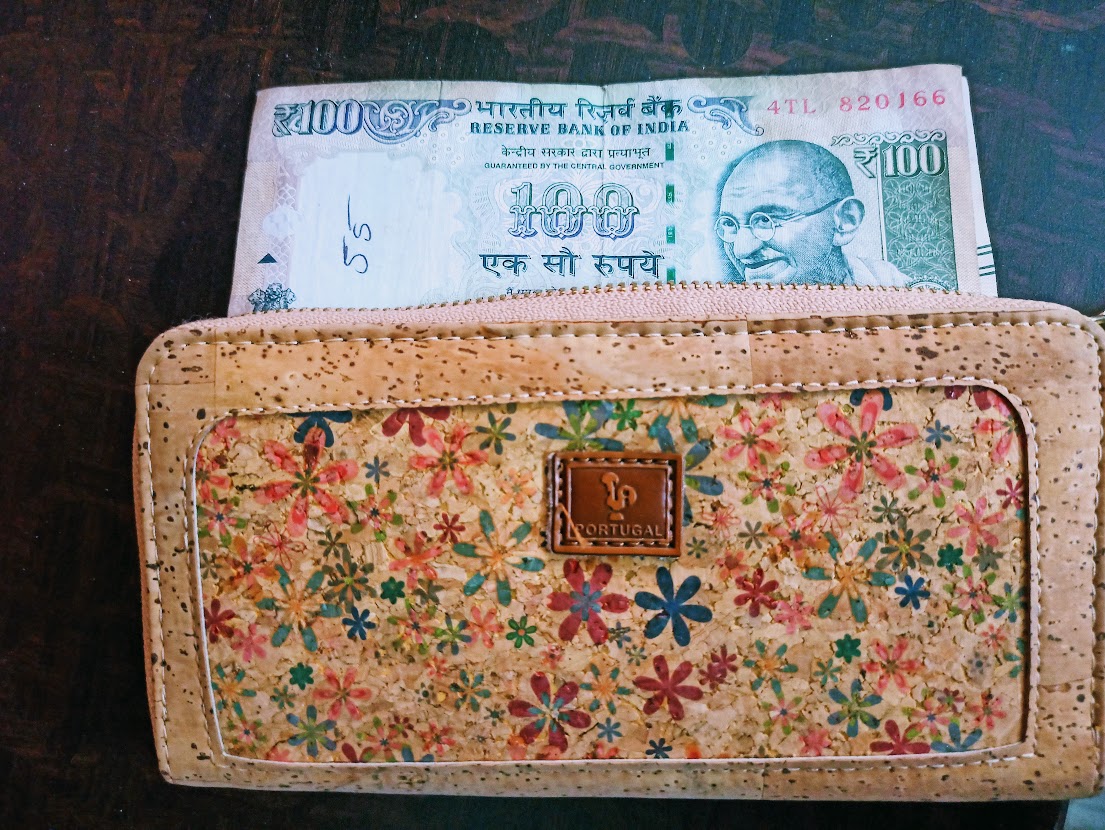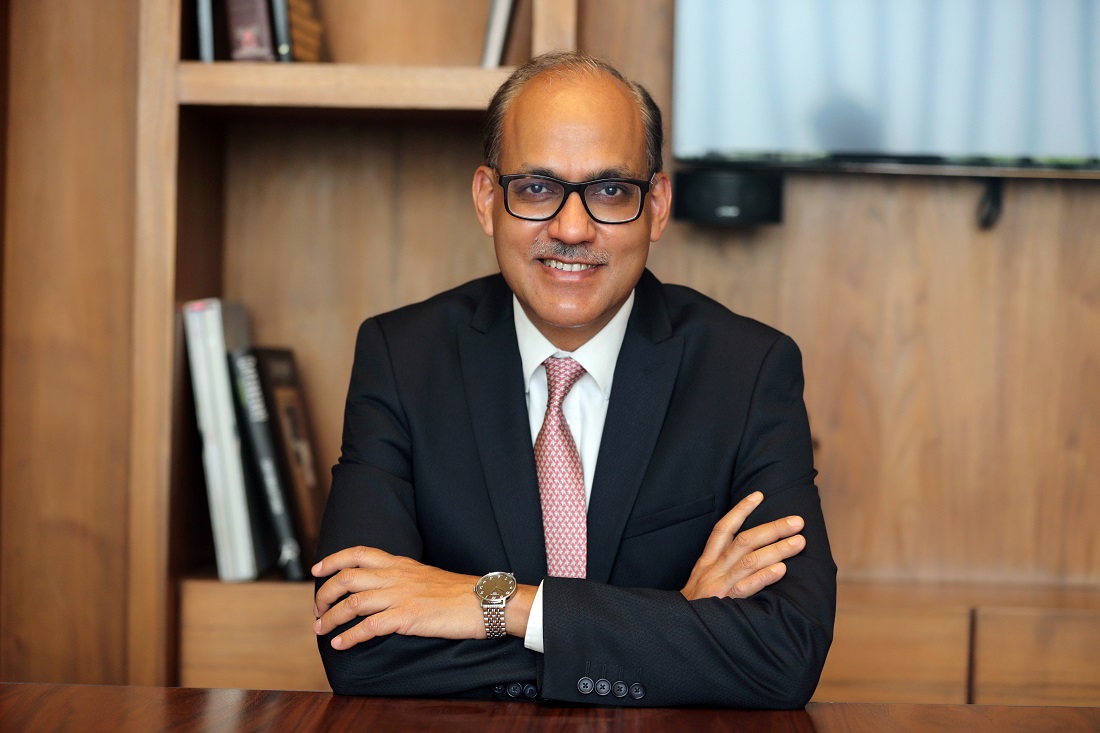Asset reconstruction companies (ARCs) are racing to acquire non-performing retail loans as they see a potential Rs 3.6 lakh crore opportunity residing there.
India’s biggest ARC is actively making this market shift from corporate to retail acquisition of stressed assets. Edelweiss Asset Reconstruction Company, which was once betting big on stressed loans of big corporates like Essar Steel, Bhushan Steel and Binani Cement, is now busy bidding to pick up soured retail asset pools of banks, non-banking financial companies (NBFCs) and housing finance companies (HFCs).
Edelweiss ARC’s plan is to take the ratio of retail assets to half its book within four years, up from the existing 14% of capital it employs in retail. This is a significant strategic shift as the gamble on big-ticket corporate loans had allowed the company to scale up and be a clear market leader when the ARC business was just beginning to evolve in India.
“We have decided to aggressively grow our retail stressed asset portfolio while acquiring corporate loans in a calibrated manner. We plan to achieve a 50:50 share between corporate and retail assets in the next 3-4 years. The proposed composition of retail and corporate assets portfolio would provide granularity, enhance cash flow certainty and provide better de-risking,” said Edelweiss ARC managing director and CEO RK Bansal.
In FY22, the company invested Rs 1,300 crore, with almost Rs 445 crore being towards acquisition of stressed retail assets. The total investment is almost going to stay flattish this financial year. “In FY23, we plan to deploy around Rs 1,200 to Rs 1,400 crore in buying out bad loans with retail being the larger thrust,” said Bansal.
The company’s asset under management (AUM), which stood at Rs 40,200 crore as on 31 March 2022, is expected to come down or stay flattish. “The scale of AUM is expected to be slow as fewer corporate NPAs (non-performing assets) are now in the market. Our thrust will remain on growing our retail AUM from the current Rs 3,000 crore to Rs 5,000 crore in FY23. But it is important to note that retail AUM does not grow that fast. Retail loans are very small and repayment is much faster than wholesale,” said Bansal.
Asset Reconstruction Company (India) Ltd (Arcil), which has Rs 14000 crore in AUM, is another ARC which is increasing its stressed retail loan buys. Owned by a clutch of investors including banks, Arcil invested Rs 450 crore in bad loans in the first quarter of FY23.
“We are looking at acquiring stressed retail assets. Generally, retail loans are sold as a mixed package of very high and low vintage loans. The unsecured loans are attractive because the discounts are better. If the technology back-up is good, recoveries are good,” said Arcil managing director and CEO Pallav Mohapatra.
The change in direction in the ARC business is coming at a time when banks are growing their retail loan business as corporate credit demand has stayed muted for the last few years. Consumer stress is also rising since the outbreak of the coronavirus pandemic amid wage cuts, job losses, economic slowdown and high inflation.
Another factor which is leading to a change in the ecosystem is the creation of a bad bank for housing stressed loans of above Rs 500 crore each from banks. The National Asset Reconstruction Company Ltd (NARCL) is set to acquire NPAs of about Rs 2 trillion in phases. This move will keep the high-value NPAs out of the plate of the ARCs.
The old large-value stressed assets of corporates have either got resolved or reached a stage where resolution is difficult. The engineering, procurement and construction (EPC) assets, for example, are almost impossible to resolve and may eventually be acquired by the NARCL. Besides, a sizeable chunk of the wholesale pool of stressed assets will move out of the reach of ARCs due to the birth of NARCL. “The potential candidates for acquisition by the ARCs have been substantially reduced,” admitted Bansal.
Retail loans also offer other attractions like banks accepting a 15:85 structure. Under this system, banks receive 15% of the consideration as upfront payment while the ARC issues security receipts (SRs) for the remaining 85% which would be redeemed as the dues get recovered from the borrowers. Along with management fees and recovery incentives, the ARCs are able to maximise their returns from these stressed assets.
Not all ARCs are making the shift to retail. Kotak Mahindra Bank-backed Phoenix ARC will continue with its heavy focus on stressed corporate assets. The company recently acquired a distressed loan portfolio of Rs 1,470 crore from L&T Finance, which included two Future Group entities.
“We are not specifically focused on acquiring retail assets. We are a sector agnostic ARC and look to acquire different assets across various sectors. There is a lot of interest in the market to acquire retail assets but we feel that getting the right price for an asset is very important,” said Phoenix ARC CEO Sanjay Tibrewala.
The combined retail asset portfolio of all lenders is substantial and close to 40% of the gross loan book, according to estimates made by Edelweiss.
“This indicates a possible need for lenders to manage their non-performing retail loans. It presents an opportunity for the ARCs, an area which had remained largely unexplored until now. The increased focus on retail by the lenders in the last few years, coupled with rise in repayment delays by borrowers and defaults in such loans, gives us a large space to operate on. We feel we can add value here and play an important role in the economy. We can engage with borrowers who are unable to pay or are not paying and provide them with a solution out of this distress. This will help the lending institutions to focus on their core business of lending and risk management,” said Bansal, who had spent most of his work life as a banker and moved to the ARC side only after retirement from IDBI Bank as executive director.
The stressed loans of banks is around Rs 8 lakh crore, data from the Reserve Bank of India (RBI) showed. The ratio of gross NPA to total assets is likely to touch 8.1% by September-end 2022 under the baseline scenario and 9.5% under severe stress conditions. According to the RBI’s latest financial stability report, 2.5% of the retail loans are stressed. A consolidated figure of retail NPAs, however, is hard to arrive at as it also includes the stressed retail loans of NBFCs and HFCs.
Ashwini Kumar Tewari, managing director in charge of risk, compliance and stressed assets at State Bank of India (SBI), admits that retail lending has led to delinquencies in case of banks who do not have prime customers.
“With active corporate lending being low due to a lack of demand, the retail loan segment has been growing for banks in recent years. Delinquencies are also growing in this segment, specially for smaller banks who may not be dealing with prime customers. Our retail stress, however, is less than 1%. We are auctioning online asset-backed loans like home loans, and are getting good response. Our retail lending is mostly to the public sector employees and staff of top-rated companies where the stress is limited. Since the recovery has been good, the discounts offered are less,” he said.
Reeling under stress in recent years, NBFCs have limited their corporate lending activity while expanding their retail loans. They are actively selling their soured loans in the market as the RBI has given them six months until 31 September 2022 to meet the new asset classification norms. Under this, they will be able to classify an account as standard only if all the arrears of interest and principal are repaid.
“NBFCs are creating asset pools and selling in the market to be in line with the RBI norms. Bulk of this is consumer credit pools where the loans are new or less than three years of age. And a majority of them are in the space of home, vehicle, personal and education loans,” said Nishith Kejriwal, CBO - Acquisition Business at CLXNS Technologies.
The sellers of stressed retail loans are predominantly NBFCs. “The NBFCs which have gone all out to undertake unsecured lending are trying to sell off their loans in a big way,” said Mohapatra.
Pricing of the stressed asset pools on sale continues to be an issue with several ARCs saying lenders are not giving realistic discounts based on the recoverability value. More deals could have happened if there wasn’t a mismatch between the expectations of sellers of stressed assets like banks and the prices ARCs are willing to buy at.
Encore Capital, the third-largest stressed fund in Europe and which specialises in retail assets, prefers to do all-cash deals keeping pricing at arm’s length.
“Pricing is the most important issue leading to low conversion of auctions. The NPA market is still at a nascent stage in India as compared to what we see in other developed markets. The market is slowly evolving and we even see the pricing mismatch reducing over a period of time. To effectively deal with the bad loans in our system, we need players who can bring fresh capital and capabilities to address the NPA issue meaningfully. There are a number of foreign players who have committed a large amount of fresh capital to this sector and are waiting for the market to open up,” said Encore India managing director and CEO Sandeep Gupta.
Many banks and NBFCs have started moving to all-cash deals. Even the RBI is nudging institutions to move towards all-cash deals. Some ARCs feel the risk side should be factored in more meticulously. “Collectively, the ecosystem should understand and price the risk better. In the overseas markets when the loans turn into NPAs, they are promptly brought into the market and sold to the NPA bidders in a transparent process, at arm’s length price,” Gupta said.
For a majority of the ARCs, capital is an issue and retail rather than corporate stressed asset buys can be possible with less money. “Most of the ARCs are capital-starved and with limited capital availability. Buying into a pool of retail assets makes more sense considering little concentration risk, monthly cash flows, less repayment tenures, no debt aggregation complications and no reliability on a financial and strategic investor under the legal realms of IBC (Insolvency and Bankruptcy Code) or SARFAESI (Securitisation and Reconstruction of Financial Assets and Enforcement of Security Interest),” said Kejriwal.
The stressed asset market will find new activity in the corporate loan side as Yes Bank, which was bailed out by State Bank of India two years back, has just signed a term sheet with JC Flowers Asset Reconstruction for strategic partnership to sell stressed loans of the bank aggregating to Rs 48,000 crore. The market buzz is that JC Flowers ARC has valued Yes Bank’s bad loan book at around Rs 12,000 crore. The ARC will be base bidder for the proposed sale of the bank’s identified stressed loan portfolio.
“How this will impact the stressed asset market in India is early to say. Until now a small player in India, JC Flowers suddenly has a large pool of assets and gets into the top-tier ARC league in the country. The challenge will be how to do the recoveries,” said the head of an ARC company who did not want his name to be revealed.
Even as corporate credit for banks is beginning to pick up, ARCs will find opportunities to buy stressed assets in this segment. The new cycle for fresh NPAs on the corporate side could take about 2-3 years to emerge. NBFCs are also putting up big-ticket corporate loans for sale as stress is building up.
For several ARCs, action is likely to heighten in retail NPA purchases. Triggered by Covid-related stress, rising inflation and interest rate hikes, retail non-performing loans could see a deluge. Besides banks, NBFCs and HFCs looking to sell, there will be other players. “Stress is already impacting a lot of fintechs who have been disbursing loans digitally. We expect small finance banks also to further offload their MFI (micro finance institutions) asset pool,” said Kejriwal.







